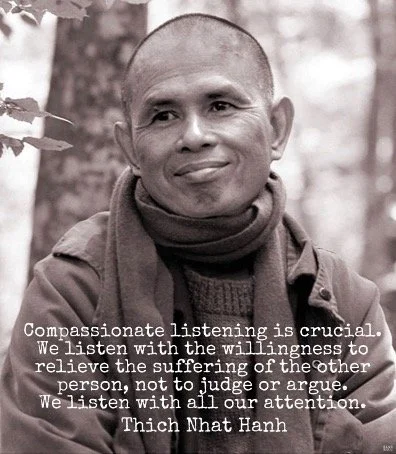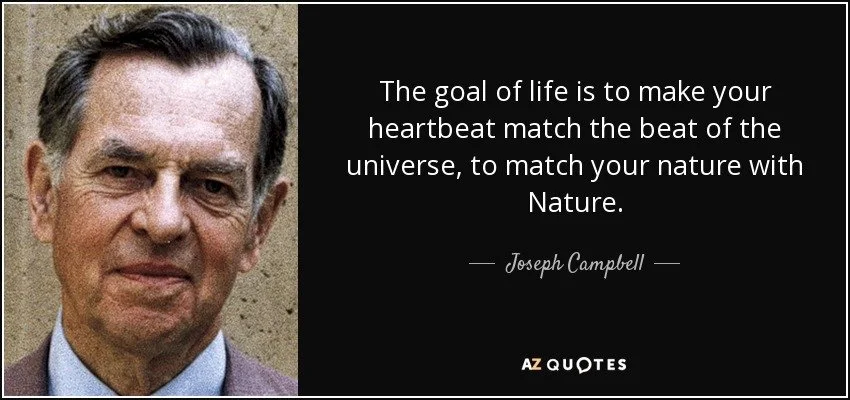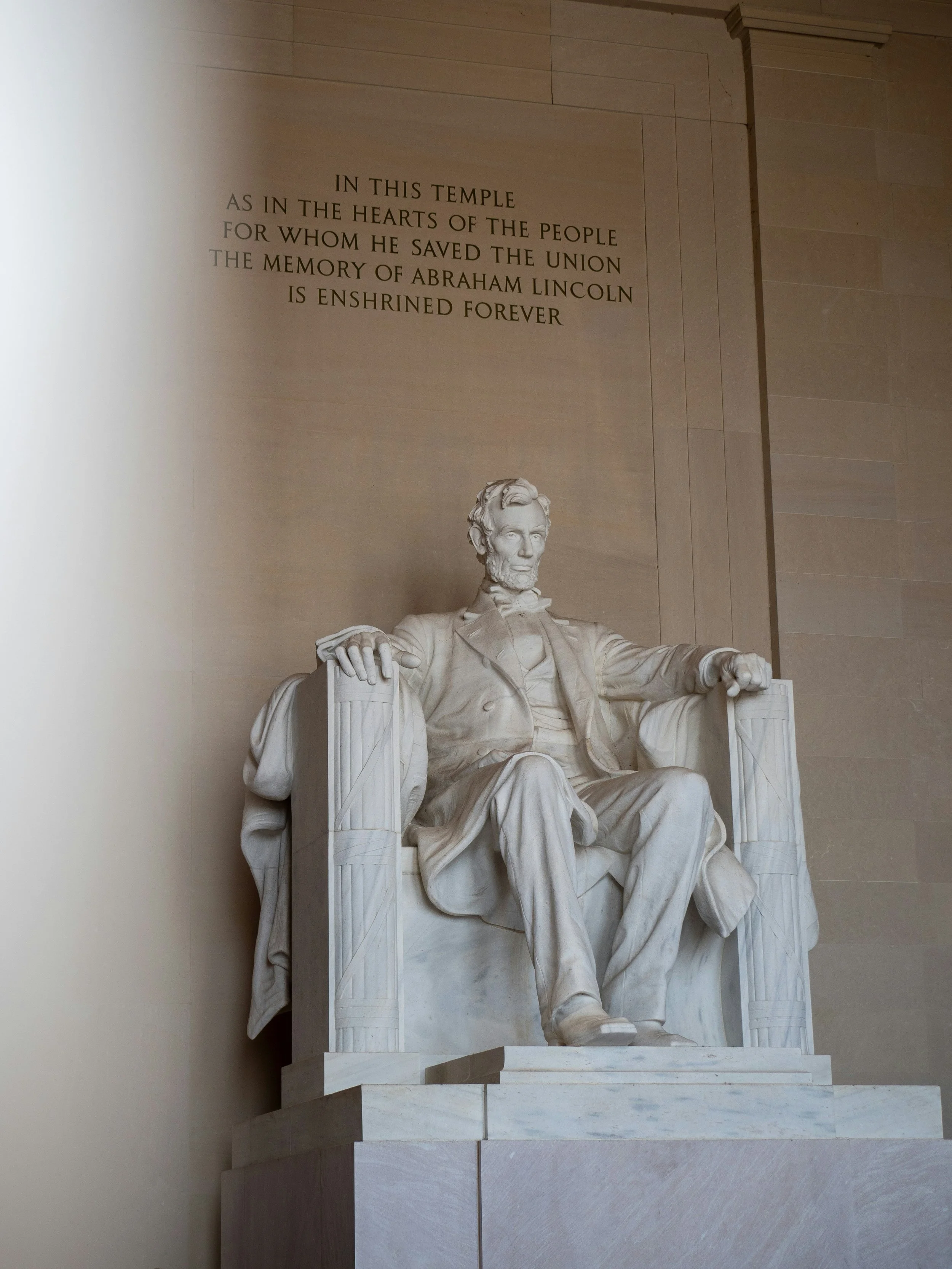

Gifts and Strengths of Nine
We can look at the gifts and strengths of type Nine with appreciation for the Nines in our life and as something we can develop in ourselves. Ideally, we want to have flexibility and be able to access the gifts and strengths of all nine personality types when they are called for in the situation.
The gifts and strengths of each type are found at the healthy levels of the personality. Here the person is closer to their essence and their gifts and strengths express the essential quality. For the Nine this means their sensitivity to peace and interconnectedness underlies their strengths.
Receptive, Calm, Non-Judgemental
At their best, Nines bring a calming presence into a space and to others. They listen to others non-judgementally. They have a receptive, gentle, mild energy. This is the healthy expression of their sensitivity to peace and harmony.
There is a gift in deep non-judgemental listening. You may be familiar with the skill of active listening- this is more passive. It is about simply listening.
At their best, Nines have a gift for this kind of receptive, non-judgemental listening and they naturally create a spaciousness that others feel drawn to and can relax in.
The beloved Buddhist teacher Thich Nhat Hanh, considered to be a Nine, taught a lot about Deep Listening and Loving Speech. He described deep listening as the kind of listening that can help relieve the suffering of another person- you listen with only one purpose: to help him or her to empty his heart.
>> Interconnectedness <<
Nines value connection, inclusiveness and belonging. They like to feel close and in harmony with the people in their lives. They stay in touch with people in a low-key way. Nines will check that everyone is ok and reach out to those in difficulty. This strength flows from their sensitivity to interconnectedness.
Neuroscience is showing us today that we really are interconnected- we “inter-are”. Dr Dan Siegel has written extensively on neurobiology and his model of the mind and awareness includes the Eighth Sense of Interconnectedness. He coined the word Mwe which is Me plus We awareness. Nines seem to have this Eighth Sense of interconnectedness in their wiring.
In our everyday lives we usually operate from a sense of ourselves as separate entities, we feel hardened and solid within our boundaries. We perceive others as “objects”. This is really a forgetting of the fact that we are interconnected. Perhaps when you sit in presence with another person you can notice the shared field and understand that you are not as separate as you usually believe, you can tune into your Eighth Sense. This can also be an intentional practice to take into the world. You probably have experienced how we interact differently when we go about our day with presence, feeling open to our interconnectedness, appreciating the human being who is serving us our coffee.
The implications of understanding our interconnectedness go far beyond ourselves and our interactions. Our western culture is based on this sense of each person being a fundamentally separate entity, what Dan Siegel calls the modern notion of the “solo-self”. Siegel writes that “many of the world’s greatest challenges, from racism and social injustice to climate change and polarization, can be seen to be caused by the modern message of self-as-separate”. Understanding interpersonal neurobiology and our interconnectedness can “play a healing role in many of our world’s pressing social, cultural, and environmental challenges”.
Indigenous societies have always understood that we are part of an interconnected web of life that includes not just each other but all creatures, all of nature. This worldview is expressed in the phrase “All My Relations” used in speech and prayer. At this level of understanding our interconnectedness we recognize the sacred circle of life, a sort of Nine awareness.
Interconnectedness for Nines includes being connected to nature, humanity and the cosmos. Nines are said to be “spiritual seekers” who “have a great yearning for connection with the cosmos, as well as with other people”. (Riso-Hudson)
Carl Jung the famous Swiss psychoanalyst and father of analytical psychology is thought to have been a Nine. Jung’s most famous ideas centre on his original understanding of the human psyche. Jung originated the idea of the collective unconscious which is the part of our unconscious mind that holds content shared by all of humanity. Jung was interested in archetypes, mythology, symbols, religions and dreams because they reveal what is in the collective unconscious. He also believed that spiritual longing was part of the human psyche.
Jung created the first typology of personality, observing that people favoured certain functions – Feeling or Thinking, Sensing or Intuition and could also be characterized as Extroverts or Introverts. The combinations of these characteristics created eight Jungian personality types which became the basis of the modern Myers Briggs typology. The possible correlation between Jungian typology, MBTI and the Enneagram has been studied and you can read about it online.
“Jung offers rich imagery and appealing frameworks not just for what makes us unique but also for understanding what we all share: the common struggles, threshold moments, and desires that all humans, across cultures and time, have in common.”
Jung had a significant influence on Joseph Campbell, the well-known scholar of mythology. Campbell, also thought to be a Nine, wrote numerous books about the mythological patterns that appear across cultures. He believed that most cultures draw on the same basic figures and patterns in their mythology that emerge from the collective unconscious. Campbell was particularly famous for his research on the hero’s journey, a pattern that underlies many myths, stories, and films.
Campbell said that the power of myth is metaphorical, it points to an ultimate truth that cannot be put into words. He found that myths serve four functions. The first is mystical, realizing what a wonder you and the universe are. The second is cosmological, showing the shape of the universe. The third is sociological, validating a certain social order. The fourth is to teach us “how to live a human lifetime under any circumstances”.
Campbell said: “I think it's important to live life with a knowledge of its mystery, and of your own mystery”. The work he did to bring an understanding of mythology to the world and connect it to the ever present question of how best to live a human life, is an example of the “mystical” gift of Nines.
A series of interviews Bill Moyers did with Campbell called “Joseph Campbell and the Power of Myth” are available to watch online.
Peacemaker, Diplomat, Mediator
Nines are natural peacemakers, diplomats and mediators not only because they love peace but because they easily see the points of view of others. In a situation where arguments are occurring, Nines will know where misunderstandings are arising and be able to help resolve disagreements. They might sit in a meeting or room where communication is breaking down and understand where each person is coming from and why there is misunderstanding, what is underlying the dispute. Nines have been described as the most objective type, probably because their own point of view is minimized.
On a global level, peacemaking is clearly of utmost importance. Just look online at all the peace institutes and peace workers, the Nobel Peace Prize recipients and so on to see the huge efforts for creating peace in the world. Many of these peace workers are probably Nines.
Abraham Lincoln is a Nine exemplar. Lincoln’s skill at handling conflict was described as his “genius” in the book Team of Rivals by Doris Kearns Goodwin. The book is a study of how Lincoln “reconciled conflicting personalities and political factions on the path to abolition and victory” in the Civil War. Specifically, Lincoln included in his cabinet three members who had run against him in the 1860 election and harnessed their collective efforts to accomplish a great victory. Lincoln’s mild, unassuming manner and his peacemaking skills make the fact that he was faced with leading the nation through the horror of war remarkable.
In the Gettysburg address Lincoln spoke with the minimal tone of the Nine, honouring the dead and discounting his own words by saying "the world will little note, nor long remember what we say here." In his eulogy after Lincoln’s assassination, Charles Sumner (one of the team of rivals) called the Gettysburg Address a “monumental act” and said that Lincoln was mistaken about it not being remembered- “The world noted at once what he said and will never cease to remember it”.
There is something archetypal in Lincoln’s life that helps us understand the more ordinary Nine. For a Nine the gift of peacemaking arises from a sensitivity to conflict that can feel overwhelming.

Although they are good at resolving outer conflicts for others, what Nines really love is the essence of peace as a state of mind. Judging by the proliferation of meditation apps “inner peace” or “peace of mind” is something many of us are seeking. We may begin meditating because we are trying to reduce anxiety, deal with stress, get better sleep and so on, but when we settle into meditation as a practice of presence, we may recognize a sense of peace that arises. We come to love the state of inner peace, as the Nine does.
Have you ever felt a state of peace in the middle of the most challenging situation? This can arise in intense moments such as sitting with a dying person. As humans we often struggle to accept the way things are- there is so much suffering. Yet sometimes we experience a sense of peace despite everything, in the middle of everything, not as resignation but as acceptance. This is what is meant by “The Peace that Surpasses All Understanding.”
Easy Going
Here is a fun strength of Nines – they are good at taking it easy. Nines like their creature comforts and chilling out, activities like puzzles, puttering. They have a comfy chair. While we will look at the downside of this soon, let’s play with being easy-going as a talent.
The Big Lebowski character “The Dude” is definitely a Nine, and probably so is Jeff Bridges. Here are some fun quotes from the movie:
The Dude Abides
Yeah, well, you know, that’s just, like, your opinion, man. This aggression will not stand, man.
Strikes and gutters, ups and downs.
I can’t be worrying about that shit. Life goes on, man.
There are so many examples of advice to take it easy in popular culture- Don’t Sweat the Small Stuff, Hakuna Matata, Don’t Worry Be Happy, Chillax.
Most of us feel pressed for time these days and often rush around. In our culture there is constant pressure to get things done, multi-task and keep a lot of balls in the air. Technology delivers work to us at all hours. We may have trouble relaxing. In this context, knowing how to take it easy is a strength. Beyond simply relaxing, going with the flow has its own wisdom as a way of living.
Try relaxing and listening to some lazy songs. The Dude “hates the Eagles” but he might agree with the Eagles song Take it Easy. Another Nine song is Sitting on the Dock of the Bay by Otis Redding- an ode to wasting time. There are lots of chill playlists out there. This is a fun way to “Abide” like a Nine.
“Supposing a tree fell down, Pooh, when we were underneath it?”
“Supposing it didn’t,” said Pooh after careful thought.
Piglet was comforted by this.
― A.A. Milne

Out beyond ideas of wrongdoing and rightdoing,
there is a field. I’ll meet you there.
When the soul lies down in that grass,
the world is too full to talk about.
Ideas, language, even the phrase each other
doesn’t make any sense.
Rumi






